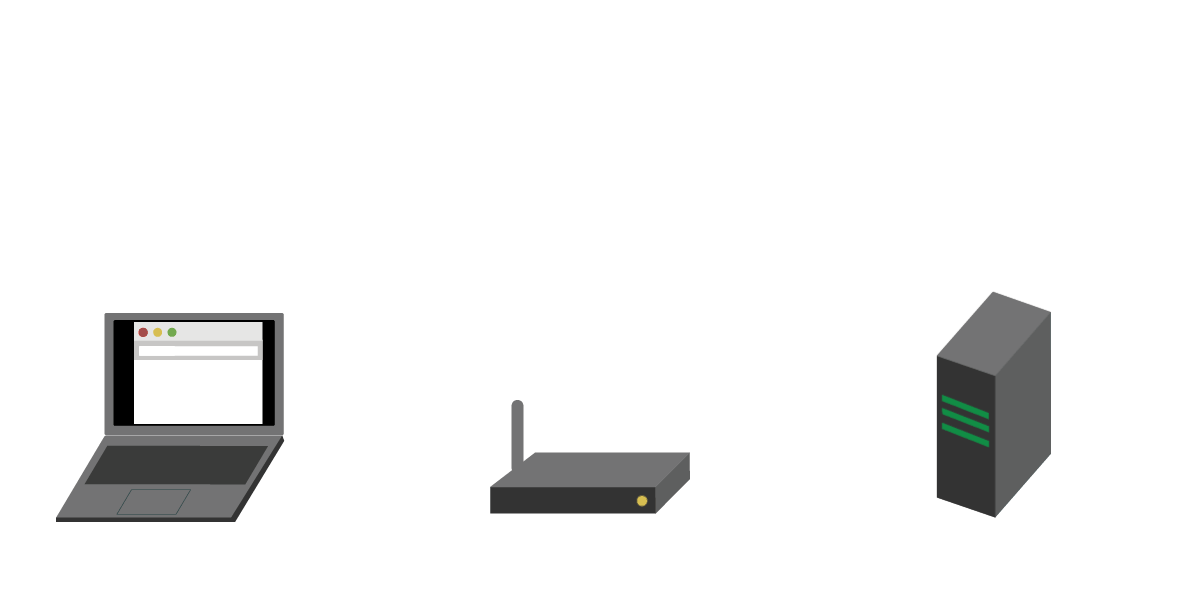In brief: Both Google and Mozilla want to update their browsers to allow you to encrypt your web traffic at the DNS level. They say it would allow users more privacy and control over who sees their web habits. But internet service providers don't want to be locked out of this information and want US lawmakers to prevent it
Moves to encrypt domain name requests by Google and Mozilla are raising concerns among internet service providers and, in turn, Congress. According to sources with The Wall Street Journal, the US House Judiciary Committee has launched a probe into Google's upcoming implementation of DNS over TLS in its Chrome browser.
The search giant maintains that it is adopting the technology to thwart the spoofing of domain names and spying by malicious parties. Internet service providers are concerned that this will give Google an "unfair" advantage by shutting them out of users' browsing data, which they use for targeted advertising. So ISPs have petitioned Congress to investigate the matter on antitrust grounds.
On September 13, the Judiciary Committee sent a letter to Google, asking if it would use the encrypted data for commercial purposes. While the company has yet to respond, it has maintained all along that the move would give consumers more control over who uses and shares their browsing data. It also contends that it will not force people to use encrypted DNS.

On September 19, a coalition of ISPs sent a letter to Congress voicing concerns that the protocol would centralize Google as the primary DNS lookup provider, virtually shutting out competition.
"Because the majority of world-wide internet traffic...runs through the Chrome browser or the Android operating system, Google could become the overwhelmingly predominant DNS lookup provider, Google would acquire greater control over user data across networks and devices around the world. This could inhibit competitors and possibly foreclose competition in advertising and other industries."
The ISP group wants lawmakers to block Google's implementation of the technology.
The EFF backs the use of DNS over TLS and DNS over HTTPS, saying that unencrypted DNS is the last big security gap on the internet. However, it too has concerns regarding centralization, suggesting broad deployment that includes ISPs as the solution.
"To avoid having this technology deployment produce such a powerful centralizing effect, EFF is calling for widespread deployment of DNS over HTTPS support by Internet service providers themselves," said the foundation. "This will allow the security and privacy benefits of the technology to be realized while giving users the option to continue to use the huge variety of ISP-provided resolvers that they typically use now."
Google is planning a slow rollout with about one percent of its Chrome browser users receiving the protocol in October. Likewise, Mozilla is implementing it similarly in Firefox in a few weeks, with plans of having it thoroughly in place by the end of the year.
